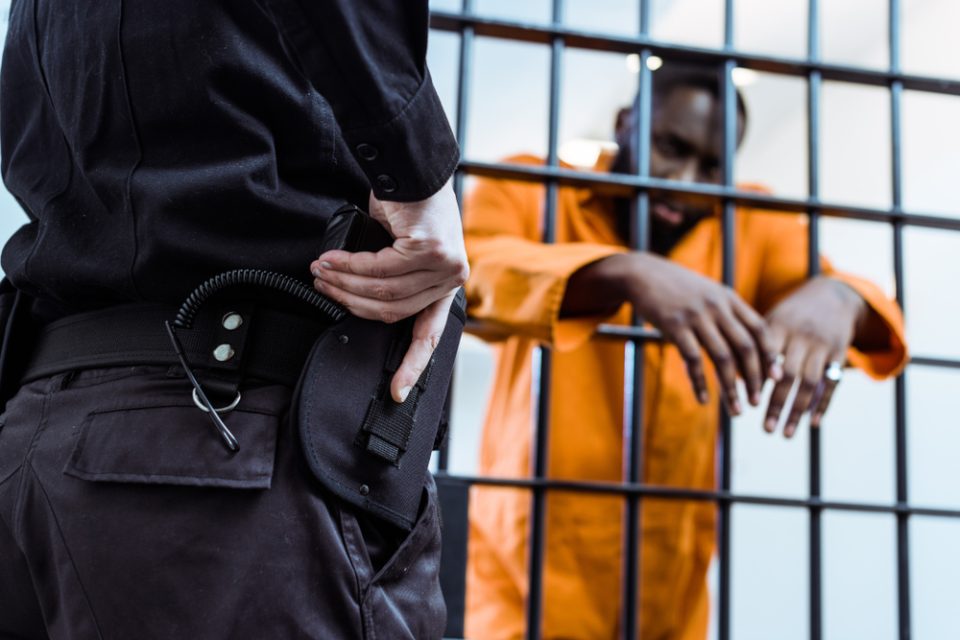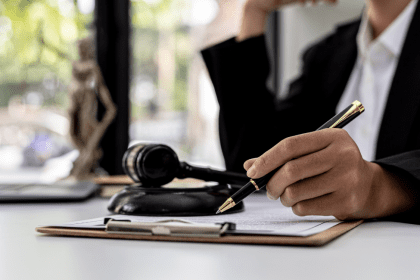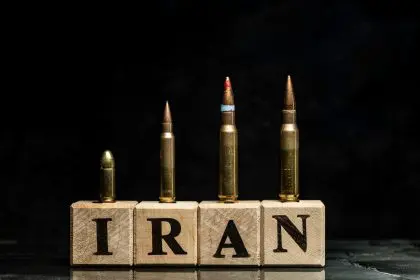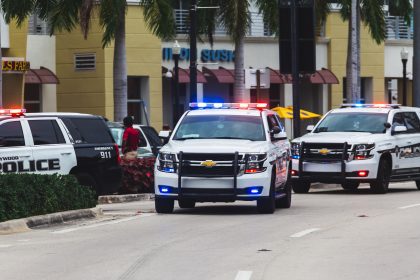How recent events are finally exposing a system that’s been unfair to black and brown communities

The double standard we can’t ignore anymore
Something major is happening in our criminal justice system, and it’s forcing everyone to face a reality that Black and Brown communities have long known. With high-profile cases grabbing headlines, we’re finally having the conversation about who gets second chances in America—and who doesn’t. This issue is shining a light on the systemic inequities that exist within our society, especially when it comes to felony convictions.
Why this hits different for communities of color
Let’s break down what a felony conviction actually means for most people, particularly those in marginalized communities. For many, the effects are not just short-term but long-lasting. A felony conviction can close the door on opportunities, making it harder for individuals to rebuild their lives after serving their sentences.
How felony convictions affect daily life
For people with felony convictions, the consequences extend far beyond prison walls. They can include:
- Difficulty finding housing, even if the person can afford it.
- Job applications getting rejected, even with relevant experience or qualifications.
- Being barred from serving on juries, which further isolates them from the justice process.
- Limited access to essential services such as student loans, public benefits, or housing assistance.
These restrictions create what is, in effect, a lifetime sentence of being labeled as “unfit” to participate fully in society, regardless of whether the offense was directly related to the person’s future potential. It’s a reality many are forced to face, but for people of color, this penalty is disproportionately harsher.
The numbers don’t lie
Statistics from the New York Civil Liberties Union (NYCLU) make it clear that Black and Brown communities are impacted far more severely by felony convictions than any other group. It’s not because these communities have higher crime rates—it’s because they have long been subjected to discriminatory, racist policing practices. These practices ensure that certain neighborhoods are over-policed while others are left relatively untouched. The criminal justice system operates unequally, and we can no longer ignore this truth.
This disparity in the criminal justice system isn’t just an accident; it’s the result of a broken system that targets specific groups of people based on race and socioeconomic status. Until we face this head-on, the cycle will continue.
The game-changing laws you need to know about
There is hope on the horizon, though. In recent years, some states have started to address these systemic issues through legislation aimed at giving people convicted of felonies a fairer shot at reintegration into society. New York is leading the way with a few game-changing laws that may become models for other states to follow.
Key legislative reforms in New York
- The Fair Chance for Housing Act aims to end housing discrimination against those with felony convictions. It ensures that people who have served their sentences aren’t unfairly denied a place to live.
- The Clean Slate Act seeks to give people a true second chance by sealing certain criminal records after a period of good behavior. This allows them to move on with their lives without being constantly held back by their past.
- Ban the Box requires employers to remove the checkbox asking about felony convictions from job applications. This allows individuals to be judged based on their qualifications rather than their criminal past.
These laws are making strides toward reform, but experts argue that there’s still a long way to go. While they provide relief to many, these efforts alone are not enough to fix the systemic issues at play.
Why your ZIP code shouldn’t determine your future
One of the biggest issues we face is the way our ZIP codes determine how we experience the criminal justice system. People in privileged neighborhoods may commit serious offenses, but they rarely face the same consequences as someone from a marginalized community. Often, individuals from wealthier areas can afford to hire expensive lawyers, while those in lower-income communities do not have the same access to legal resources. This discrepancy leads to a system where those with wealth and privilege can avoid the same punishment that a person of color from a poorer neighborhood might face.
This systemic inequality creates a vicious cycle. The laws and policies that affect people from disadvantaged communities have become tools of social control, preventing them from achieving upward mobility. The rich get richer, while the poor—especially people of color—get locked into an endless cycle of punishment.
The “perpetual punishment” problem
The Legal Defense Fund calls this the “perpetual punishment” problem: once someone has a felony conviction, they are often forever treated as a criminal, regardless of their actions since then.
How the system perpetuates inequality
- One mistake often leads to lifetime consequences, especially for Black and Brown individuals.
- Wealthy offenders frequently avoid similar repercussions, creating an uneven playing field.
- This cycle of discrimination keeps people trapped in poverty and despair, making societal reintegration nearly impossible.
Why this moment could change everything
Recent high-profile cases are challenging the public’s perception of who a “felon” really is. These cases are forcing people to confront their biases about race and criminality. As a result, there’s a growing recognition that a felony conviction doesn’t define a person’s character or future potential. Everyone deserves a real second chance.
This moment in time could be the catalyst for the reform that’s needed to truly change the criminal justice system. For the first time, there’s a real conversation happening about the flaws in the system and the need for change. It’s about time that we recognize that felony convictions should not be a lifetime sentence, and that everyone deserves the opportunity to rebuild their lives.
What needs to happen next
There’s still much work to be done, and experts agree that we need to:
- Judge people based on their actions, not their past mistakes.
- Create real opportunities for rehabilitation and reintegration into society.
- Stop the cycle of perpetual punishment by making the system fair for everyone, regardless of their race, wealth, or background.
Until these changes are made, the double standard in our criminal justice system will continue to harm Black and Brown communities. However, the recent conversations and reforms suggest that we’re on the right path.
















